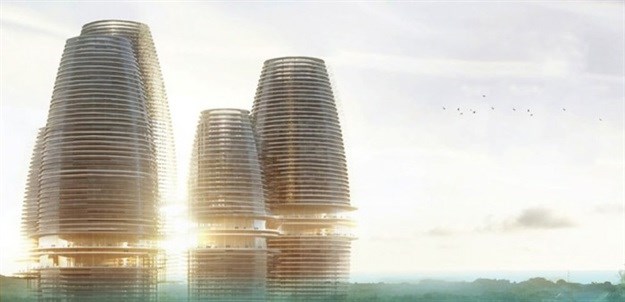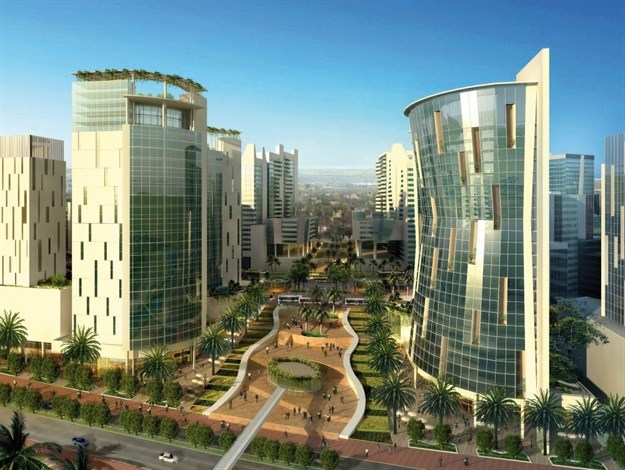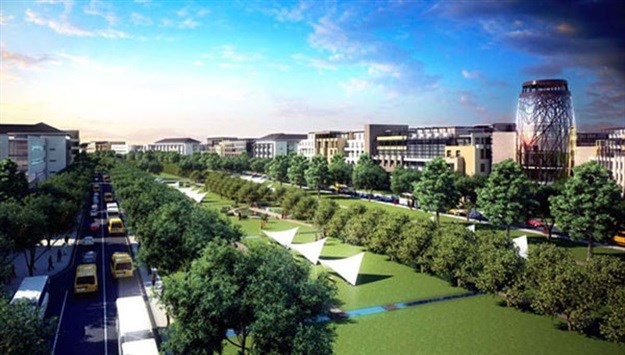
Top stories





Marketing & MediaWarner Bros. was “nice to have” but not at any price, says Netflix
Karabo Ledwaba 2 days

More news

Logistics & Transport
Maersk reroutes sailings around Africa amid Red Sea constraints
















One of the more frequently heard stories about Africa and African development, explained Watson, is that Africa is the hopeful continent experiencing economic growth, an emerging market boom, rapid urbanisation and a growing middle class that will spell a rise in demand for infrastructure and services. Another popular story is that Africa, after the profits have been mopped up in the Global North and Asia, is the last development frontier - untouched territory ready to be developed.
The more accurate story, said Watson, reads somewhat differently with very high numbers of the African urban population living in informal settlements, working in the informal sector, and living from hand to mouth.
"One can say that for most of the urban population in Africa, Africa is not rising, it is still the same, and in some cases it is getting tougher and tougher," said Watson. "When we have African cities with these sorts of problems, I think what we can quite accurately say, with the growth of population that's coming, is that what we are facing is an urban polycrisis."
Watson defined this as encompassing a range of 'wicked' problems including lack of food security, climage change, unemployment, and poverty. As urban populations grow, these issues will only compound - this is the reality of African cities, explained Watson.
While sub-Saharan Africa countries do have a history of poor urban planning and policymaking, the new 'Africa masterplans', designed by foreign developers, that have emerged post-2008 are particularly concerning to Watson, given the continent's current challenges. There are three fantasy city types she explained: one is the full city makeover in which the existing city is done away with and a new development takes its place. Another is the edge city - these are very large projects undertaken at the edge of existing cities. The last type is satellite cities. All these cities are branded as either smart, eco-friendly or world-class - the labels are interchangeable.




"It looks just like Dubai, Shanghai or Singapore ... What do they have to do with the African continent or the realities of African cities? Absolutely nothing," said Watson.
There are three contentious driving forces spurring on the development of these Dubai-esque fantasy cities, said Watson:
1. Profit and consumerism: a recent overestimation by the African Development Bank on the rate of growth and size of the African middle class means that the size of the market is misrepresented.
2. Symbolic power: politicians are persuaded that these fantasy plans will help them achieve world-class status and modernisation.
3. Smart city / eco city rhetoric: these labels are largely branding efforts rather than authentic undertakings.
"The fact is that many of these projects, many of these fantasy cities have become mired in a lack of infrastructure, a lack of demand, corruption, and resistance from those who are already on the land. It's a dream of being something that is most probably not attainable," said Watson.
While many of these fantasy plans may never see the light of day, Watson worries that those that do may exacerbate the polycrisis in Africa's cities as they "completely ignore the real and urgent issues of African cities" and "radically increase inequalities in African cities and all the problems that go along with it".
The challenge, noted Watson, is for all cities to meet UN Sustainable Development Goal 11: "All cities of the world, between now and 2030, have to try as hard as they can and devote maximum resources to achieving inclusive, safe, resilient and sustainable cities."
Careful, complex, thorough administrative management and pro-poor urban development will turn us into world-class cities, concluded Watson, not design plans.
The African Real Estate & Infrastructure Summit took place 2-3 November 2016, at the CTICC. For more info, go to www.african-real-estate-summit.com
